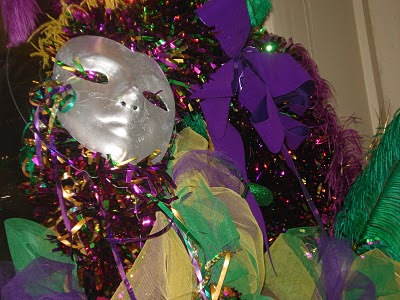
It could be said that we are all “ordinary people” except where and when Neptune touches our lives. When we think of Neptune in myths, such as embodied in the mythological “Poseidon,” we remember the mixed power, force and beauty of water in all its inspiring yet destructive traits. What is more beautiful than the ocean? What is more destructive than a Tsunami? What is so gentle and refreshing and yet so insidiously destructive when it rises in your basement? Water: and so it is with Neptune.
Feel like you’re losing your mind? Forgetting things? Could it be early onset dementia? Or are you in that altered state of consciousness called “being in love?” Your right brain has all circuits firing at once, and your left brain has gone to sleep. You’re not losing your mind, you’re “just” being distracted and obsessed by Neptune.
So you may have a strong Neptune in your chart or you may be having a strong Neptune transit. Do you feel an urge to walk the shores of the ocean again and feel that sense of wonder and awe? Or have you been thinking about just how much you are looking forward to that glass of wine at the end of the day? These are not bad things, but they hint that you may be yearning to perceive the world through the miraculous lens of Neptune. At the base of this might be a tension between the ideal and the real, between glamour and gritty reality—states of being that are at odds with each other.
Wherever Neptune is in your astrology charts is where you have a blind spot—it’s the place where you cannot easily discern between reality and illusion. It’s those times when you are vulnerable and can be swept away by the illusion of love, or the disillusion of betrayal. Neptune has been called the planet of spirituality, the “No-Ego” planet, but it also holds within it the worlds of glamour and ego-inflation.
Each planetary archetype contains within it all the opposites associated with its mythology and metaphor, and with Neptune the range is very long indeed! Neptune spans the distance from spiritual yearning and devotion to God or “the beloved” to the co-dependant excesses of alcoholism and hypocrisy.
The antidote to the downside of Neptune is the upside of Saturn. Neptunian “inspiration” combined with Saturnian “perspiration” creates the balance. You have an idea? An inspiration? You saw the “look of love?” Now make it a reality. Find where Neptune and Saturn are in your astrological chart, role up your sleeves, and make the dream a reality. Even the look of love will not last without work; love is a verb that calls you to action. Dare to move beyond the glamour and illusion, and go for the high Neptune—for here within the emotional/spiritual waters of Neptune you will find the inspiration that brings deep peace.
http://www.elizabethspring.com/ Artwork: Elizabeth Spring
Have a story about Neptune? Consider leaving a comment here for others, or email me. Or if you’d like to look at it in your chart, I’ll be doing a day-long workshop on Neptune at the Boston Jung Institute on this March 13. Come join us! I’ll be creating a chart for each participant, and we’ll also look at the role of Neptune in Carl Jung’s astrological chart as well.


